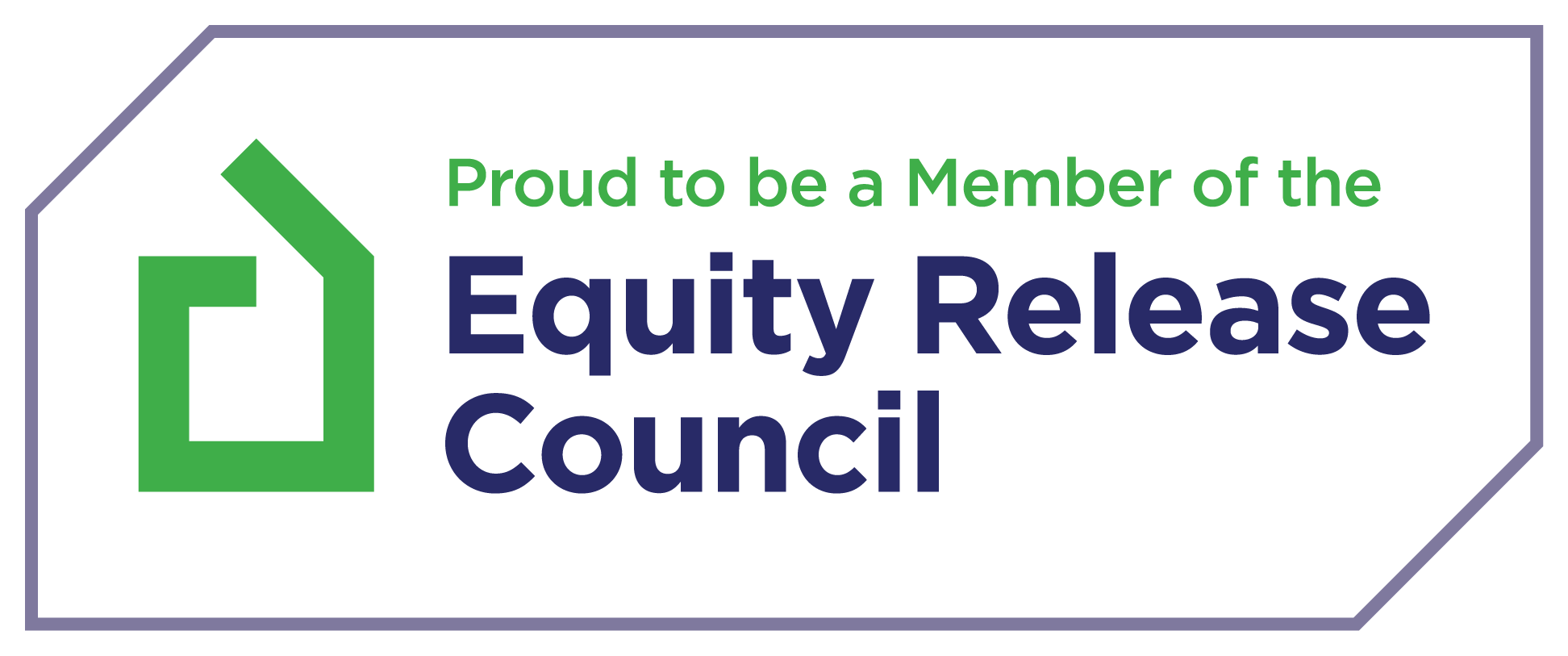There are a few different types of mortgage, each with their own advantages and drawbacks.
To help you get informed and understand what’s out there, we have created this guide which explains the various types of mortgage available:
Fixed-rate mortgages
These are the most common types of mortgage. According to Which?, six out of 10 mortgage customers have a fixed-rate deal.
With this type of mortgage you pay the same interest rate for the whole deal which will not change even if the rate of interest changes elsewhere.
In most cases you’ll be moved on to your lender’s standard variable rate when you reach the end of your fixed term. Your mortgage adviser can advise you of the best deal that you can move on to at the end of your fixed term. Here at Bluebell we will be in touch with you before your fixed rate deal ends to guide you on your next step.
Variable rate mortgages
Variable rate means that the rate of interest you pay back on your mortgage is liable to change. Tracker mortgages and discount mortgages are the two main types of variable rate mortgages.
Tracker mortgages
This kind of mortgage tracks the Bank of England’s base rate. For instance, if the base rate was 0.1% and the additional rate 3%, you’d pay 3.1%.
Typically, you take out this kind of mortgage as an introductory deal period – for instance, for the first two years – before being moved on to your lender’s standard rate.
There are a few mortgages with ‘lifetime’ trackers, but these are uncommon. In this case, your rate will track the Bank of England base rate for the whole mortgage term.
Discount mortgages
With this type of mortgage, you pay your lender’s standard variable rate, with a fixed amount discounted. In case you didn’t know, the term ‘standard variable rate’ refers to a rate chosen by your lender that doesn’t change very often, with a fixed amount discounted. More about these later in this guide.
If your lender’s standard rate was 4% and your mortgage came with a 1% discount, you’d pay 3%.
Collars and Caps
What do jumpers and variable rates have in common? Well, they have a ‘collar’. This ‘collar’ refers to a rate below which they can’t fall, while others may be capped at a rate they can’t go above. It’s important that you pay attention to these features when choosing your deal. Not all variable rate deals have a collar.
Collars and caps apply to tracker mortgages as well as variable rate mortgages.
Standard variable rate mortgages
We mentioned standard variable rates earlier. Each lender can set this figure at whatever level it wants and it bears no relationship to the Bank of England base rate.
Although they normally don’t change often, lenders can change their standard variable rate at any time. Certain factors influence these changes – for example, they are more likely to change if there are rumours of the Bank of England changing the base rate in the near future.
If you are on a Standard Variable rate you should speak to a mortgage adviser to ensure that you are getting the best mortgage rate for your personal circumstances.
Offset mortgages
An offset mortgage is where you have savings and a mortgage with the same lender and your cash savings are used to reduce the amount of mortgage interest you are charged. Rather than placing your money in a standard savings account, you place it in an offset account linked to your mortgage.
The bank offsets the total balances of your linked accounts against the amount you owe on the mortgage each month, and then works out your mortgage interest on the lowered balance. When you have an offset mortgage, you don’t receive interest on the linked accounts.
If you had a mortgage balance of £100,000 and offset £20,000 in savings, you will only be charged interest on £80,000.
Specialist Mortgages
Sometimes your circumstances make it harder for you to secure a mortgage or you might need some help getting on the property ladder. This might mean that a specialist mortgage is your best option.
Mortgages with a gifted deposit
More and more first-time buyers are using gifted deposits to get a mortgage. However, if you are relying on a gift, you’ll need to be aware of the implications.
Gifted deposits need to be a gift and not a loan. In some cases, lenders will ask for proof from the gifter that the amount is a gift and that they do not expect repayment.
Different lenders have different rules surrounding gifted deposits. Your mortgage broker can advise you on the particularities of using a gifted deposit.
It’s important to remember that if the person gifting you the money dies within seven years, you may need to pay inheritance tax.
Joint Borrower, Sole Proprietor (JBSP)
JBSP mortgages are a type of mortgage where not all parties to the mortgage are the legal owners of the property. For instance, if there are two borrowers in this scenario, both will be liable for the mortgage but only one will be named on the title of the property.
These mortgages allow parents, guardians, friends or family to support would-be first time buyers with the affordability challenge of getting on the housing ladder.
Mortgage for a Concessionary purchase
A concessionary purchase is a term for a property that is bought for less than its market value and, as you can probably guess, concessionary mortgages can be used to buy a property that’s sold at a discount.
Some concessionary mortgages are easier to get than others. Mortgages involving family members are much easier to get than if a buyer was purchasing from a private seller.
Here’s an example of how concessionary mortgages work. Imagine your parents want to help you onto the property ladder. To do so, they offer to sell you a property they own at a discounted price.
Let’s say that this property is worth £150,000 but your parents want to sell it to you for a discounted price of £120,000. The surplus of £30,000 would then act as your deposit. Most lenders still require you to have 5-10% deposit, depending on the rest of your application and the lender in question.
Guarantor mortgage
With this type of mortgage, a parent or close family member takes on some of the risk of the mortgage by acting as guarantor. If the homeowner misses a payment, this person is responsible for covering the missed payment.
The main benefit of this type of mortgage is that you can sometimes borrow up to 100% of the property’s value as the guarantor’s collateral is used in place of a deposit. This can make them an attractive option for young people or lower earners.
On the negative side, your guarantor could be liable for any shortfall if your property has to be repossessed and sold.
The guarantor can’t be just anyone. Most lenders will require this person to be a close family member – usually a parent.
Becoming a guarantor is a big commitment. The lender will either hold some of the guarantor’s savings in a locked account or take legal charge over a portion of their property to secure the mortgage.
Here at Bluebell Our Advisers are fully qualified and experienced in all types of mortgages.
Give us a call for your Free Initial Consultation today 01473 213312









